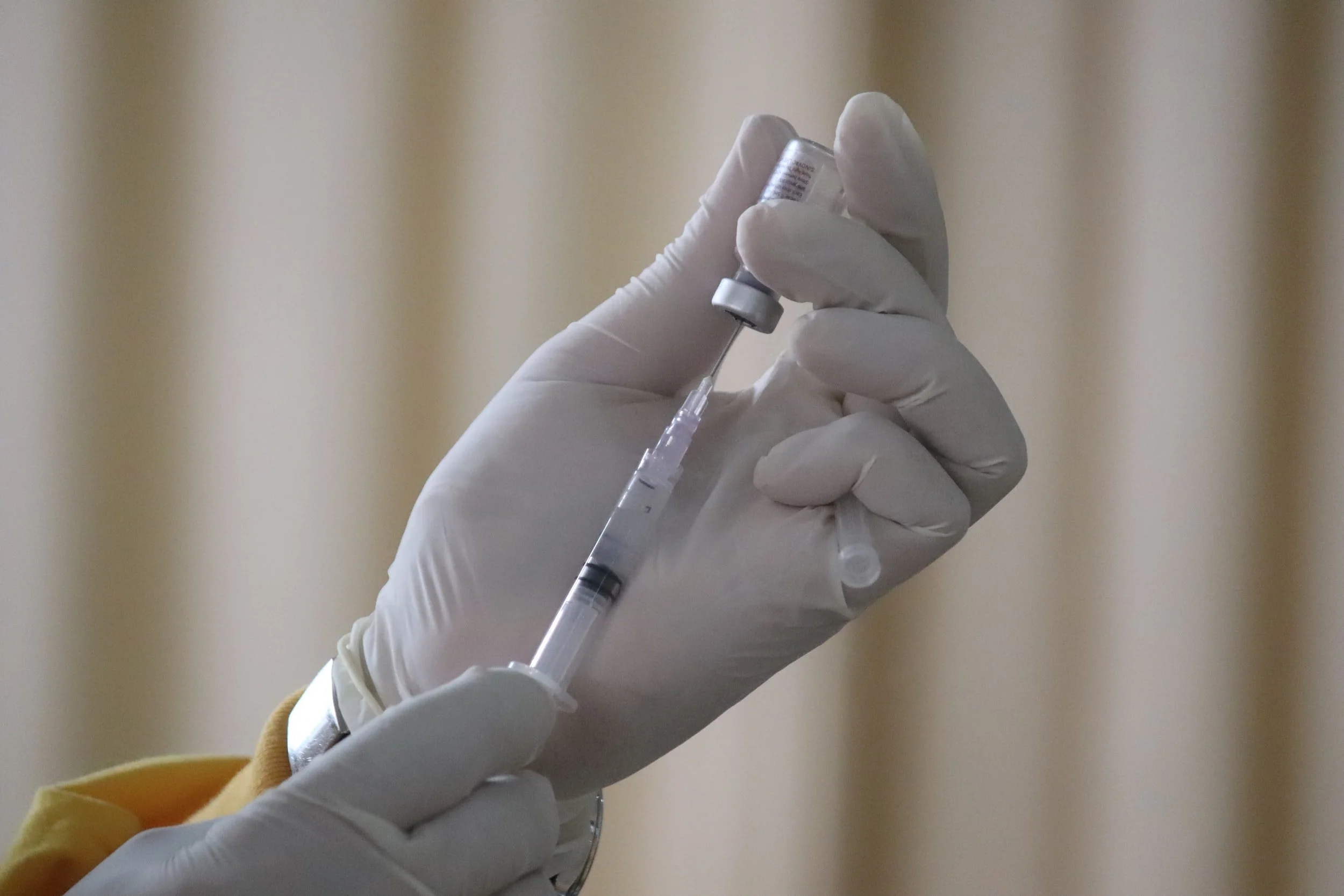The Race to Meet Vaccine Deadlines
Is the spread of the omicron variant linked to vaccine inequality? Since the introduction of the first COVID-19 vaccines, scientists have been clear that mutations could emerge if wealthy nations did not adequately share access to vaccines. While scientists are still looking into the origins of omicron, and the latest evidence does not point to where it was first sequenced in southern Africa, the fact remains that much of the developing world is still struggling to gain access to COVID-19 vaccines. How can we solve this problem?
COVAX's race to vaccinate the world.
Co-led by CEPI, Gavi, and the World Health Organization (WHO), the COVAX initiative aims to distribute COVID-19 vaccines throughout low and middle income countries. COVAX leaders promised roughly 2 billion vaccine doses by the end of 2021 and they are in a race against time to uphold that pledge. UNICEF, a critical partner in COVAX's delivery mechanism, maintains an interactive vaccine dashboard to keep the public updated on country-led distribution efforts.
Income inequality is tied to vaccine inequality.
Only roughly 21% of people who are eligible for the vaccine have received a dose in low-wealth nations. In high-income countries, 83% of potential vaccine recipients have received at least one dose. Soumya Swaminathan, the Chief Scientist at WHO, told Nature that “vaccine inequity has been one of the most painful experiences of the pandemic.” Studies have shown that vaccine inequality exists within wealthy nations as well, particularly among "socially vulnerable" populations. For instance, in the U.S., there are lower vaccination rates in locations with large low-wealth communities.
Travel bans are complicated.
Sikhulile Moyo directs the laboratory at the Botswana-Harvard AIDS Institute Partnership and his team sequenced the omicron variant. Along with scientists from South Africa, they ensured that the world knew about the potential threat. While the variant Moyo's team uncovered came from travelers from Europe, southern African nations were quickly added to Western countries' travel bans, injuring businesses and livelihoods. In a conversation with National Public Radio (NPR), Moyo expressed his frustration and added, "Other countries are going into boosters, and we are still struggling to reach all our population. We still have to vaccinate a large segment of our population. The government of Botswana has been very proactive in reaching out to other countries for procuring [vaccines]. But sometimes the delays are beyond whether you have the money to buy or not."
For almost a year, UNICEF has been leading the transport of vaccines for COVAX. This is a complex endeavor, as UNICEF and their partners must also obtain and transport "immunization supplies such as syringes, safety boxes for their disposal, and cold chain equipment such as vaccine refrigerators." Donations are 100% tax deductible and only 3% of your donation goes to administration needs.



